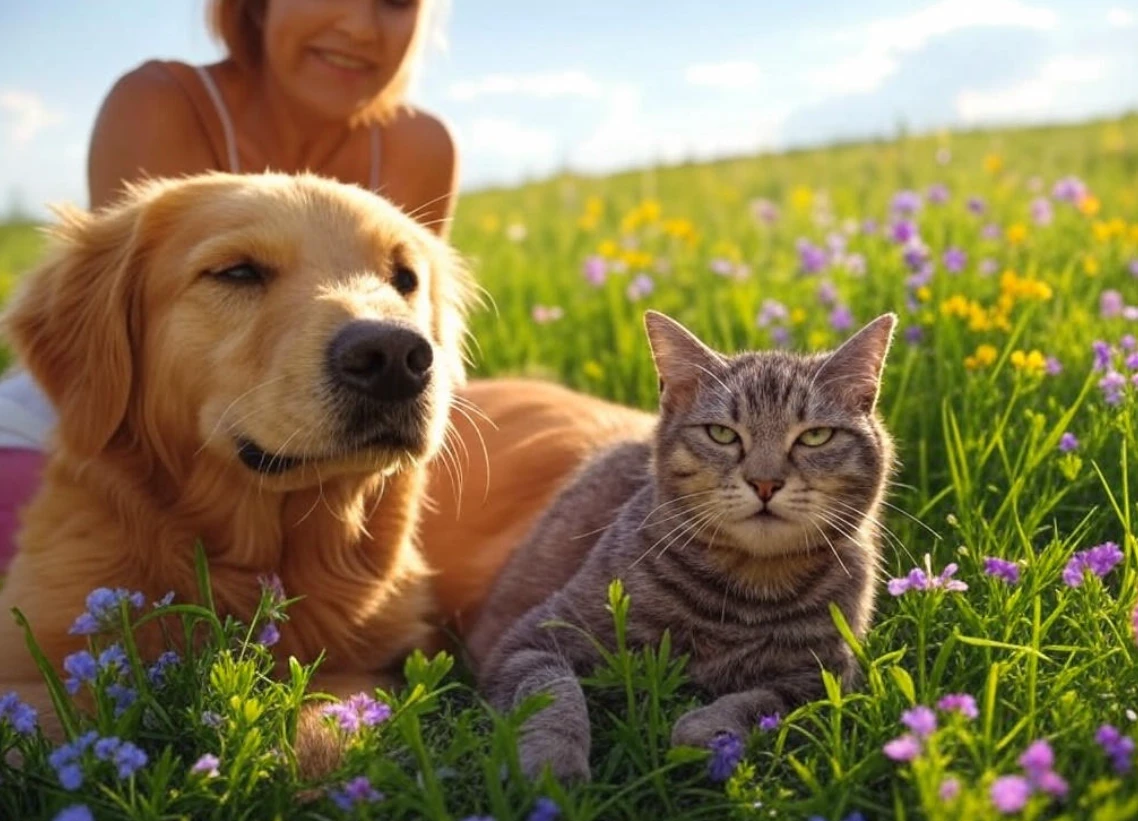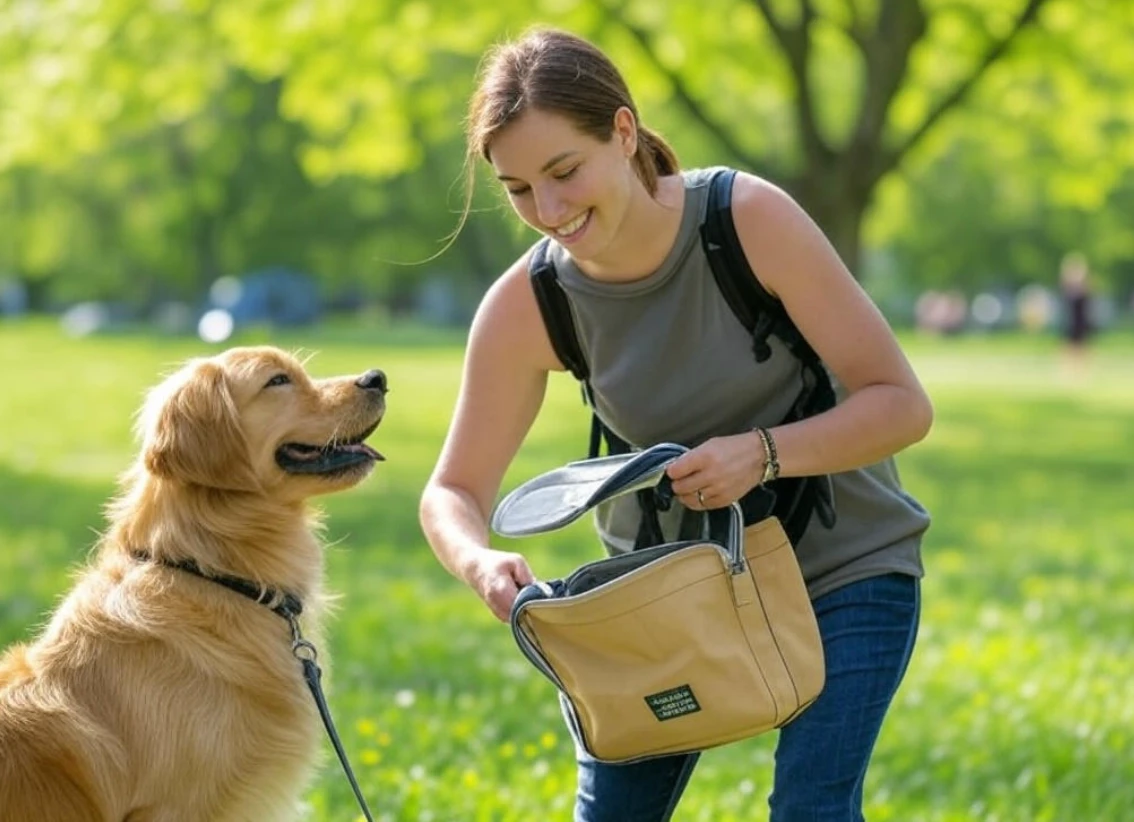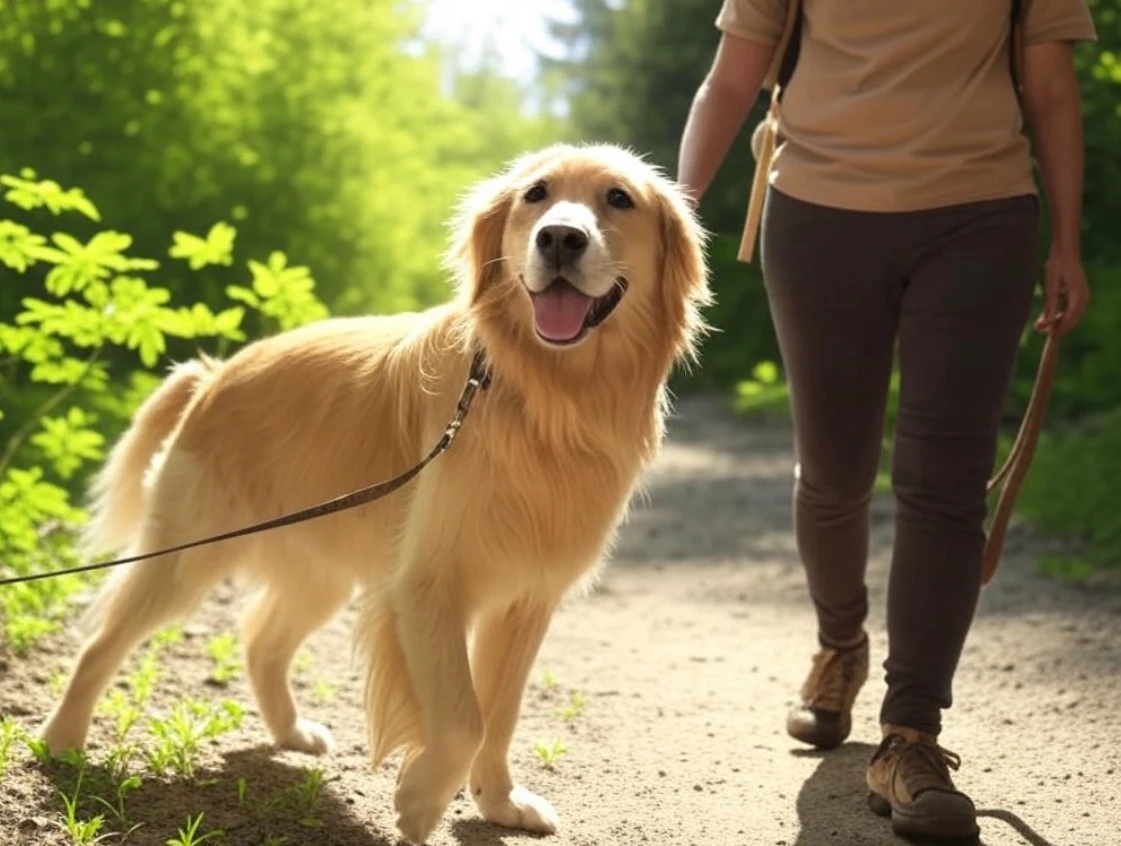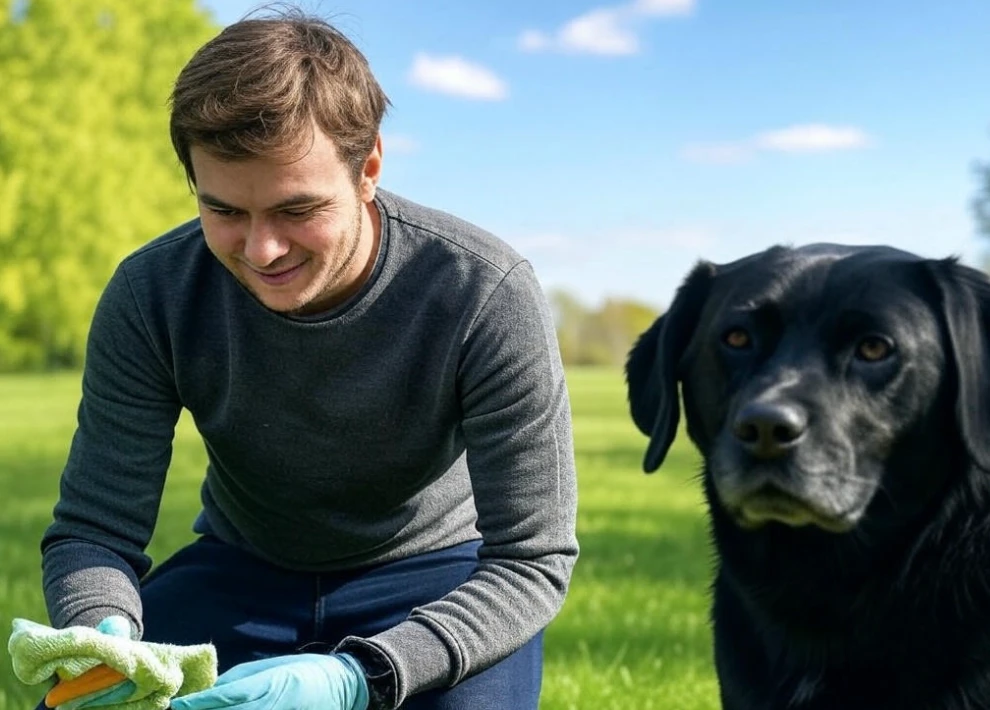
Summer is the perfect season to enjoy the outdoors with your pet. Whether you’ve got a playful pup or a curious kitten, fresh air and sunshine can do wonders for their mood - and yours! Spending quality time with pets outside strengthens your bond, keeps them active, and lets them explore the world beyond the couch. But summer heat, bugs, and unfamiliar environments come with some risks. So how do you make sure your furry friend stays safe and happy? This guide covers the essential rules for outdoor fun with your pet during warmer months. From picking the ideal location to packing necessary gear, here's everything you need to know to enjoy a great adventure!

Outdoor activities aren't just entertaining - they're beneficial for your pet’s health. Dogs love chasing sticks, playing fetch, or exploring trails, while cats might enjoy a leash-guided walk or a relaxed backyard exploration. However, summer introduces unique challenges like scorching pavement, pesky parasites, and the danger of dehydration. A little bit of preparation goes a long way to keep tails wagging and purrs going strong. Ready to hit the trails or visit the park? Follow these practical summer pet tips to ensure every outing is enjoyable and safe for you and your companion.
Not every outdoor spot is pet-friendly. Before heading out, select a location suitable for your pet’s needs. Dogs thrive in parks that offer grassy areas, shade, and even ponds for swimming. Cats might prefer a peaceful backyard or secluded trails, particularly if they're not used to crowded environments.
Ideal places for dogs include:
Ideal places for cats include:
Avoid busy roads, sharp rocky terrain, or areas overgrown with thorns - those can harm sensitive paws or cause fur tangles. Always research local regulations, as some beaches and nature preserves prohibit pets. A quick online check or a call to local authorities can save you from unnecessary trouble. Aim for shaded areas or locations with natural shelters to protect your pet from excessive heat. The main goal is finding a safe, comfortable spot where your pet can freely explore without stress.

Successful outings start long before you leave home. Proper preparation ensures your pet stays safe and comfortable. For dogs, always pack a leash, a collar with updated identification tags, and a harness if they tend to pull. Cats require a secure harness and leash as well—never let your feline roam freely outdoors.
Before leaving, verify that your pet’s microchip information is current, increasing the chance of reunion if they become lost. Dress your pet according to weather conditions: lightweight booties can protect sensitive paws from hot pavement, and a cooling vest can help during intense heat.
Essential items for pet outings:
Prepare yourself too—comfortable shoes, sunscreen, and a hat will help you stay energized and protected.

Hydration is vital for pets in summer. Always bring plenty of fresh water—more than you anticipate needing. A portable pet bowl allows easy drinking on-the-go. Dogs cool off through panting and can quickly become dehydrated, especially after physical activity. Cats may drink less frequently, but always offer them water to prevent unnoticed dehydration.
When planning meals, consider the outing's duration. For short trips, skip feeding—hot weather combined with exercise can upset your pet’s stomach. For extended adventures, pack lightweight snacks or small meals in sealed containers to maintain freshness. Avoid heavy kibble or moist foods that spoil rapidly in heat. Prioritizing hydration prevents heat exhaustion and keeps your pet energized.

Pets, especially those with short or lightly colored fur, are vulnerable to sunburn. Apply pet-safe sunscreen (human sunscreen can be toxic) on exposed areas like noses, ears, and bellies. Consult your vet to select appropriate sunscreen products for pets. Providing shaded areas under trees or portable umbrellas greatly reduces sun exposure.
Heat protection strategies:
Hot pavement can quickly burn paw pads—pavement temperatures can soar above 140°F (60°C) even when air temperatures reach 90°F (32°C)! Regularly check surfaces before letting your pet walk.

Summer months mean increased activity for fleas, ticks, and mosquitoes. Effective parasite prevention starts at home. Administer veterinarian-approved flea and tick prevention regularly, especially before heading outdoors. Options include topical treatments, collars, or oral medications.
During outdoor activities, stick to clearly marked paths to minimize contact with parasites lurking in tall grass or bushes. After each outing, perform thorough checks on your pet’s fur, particularly around ears, armpits, and between paw pads.
Common summer parasites to guard against:
Preventive measures significantly reduce parasite-related risks and keep your pet healthy throughout summer.

Exploring new environments excites or stresses pets, depending on their temperament. Stay observant of behavior changes. Dogs may impulsively chase wildlife or bark unexpectedly; keep them securely leashed in unfamiliar surroundings. Cats might freeze or panic if startled. Move calmly, speak softly, and reassure your pet frequently.
Monitor heat-related signs such as excessive panting, drooling, lethargy, or reluctance to move—these indicate overheating. Immediately offer water and seek shade. Never force your pet beyond comfort limits; frequent rest breaks allow continued enjoyment without overexertion.

Responsible pet ownership means cleaning up waste promptly. Pack extra biodegradable poop bags for dogs or portable litter trays for cats, preventing environmental contamination and unpleasant surprises for others. Proper disposal ensures parks remain welcoming for all visitors.

The outing doesn't end until you safely reach home. Check your pet thoroughly for dirt, debris, burrs, or ticks. Gently clean paws with cool water to remove potential irritants. Consider a quick bath using pet-safe shampoo if your pet appears dirty or sweaty. Allow pets ample rest in a quiet, cool area post-adventure, observing for delayed signs of discomfort, such as limping, licking, or itching—indications of potential issues like ticks or minor injuries.
Enjoying summer safely with pets enhances mutual happiness, health, and bonding. Thoughtful preparation, adequate hydration, parasite control, and sun protection ensure your pet remains safe while making unforgettable memories outdoors.
